 Nick Nikolov used to read fantasy in high school and play a lot of video games, emphasis mainly on games. First encounter with amazing storytelling was in a game called “Legacy of Kain: Soul Reaver” for a hard-to-come-by Playstation console – you read that right, the very first Playstation. The importance of amazing stories became starkly apparent since that encounter. In the coming years up until graduation from University with a bachelor’s degree in Automation, games were my main source of gripping narratives.
Nick Nikolov used to read fantasy in high school and play a lot of video games, emphasis mainly on games. First encounter with amazing storytelling was in a game called “Legacy of Kain: Soul Reaver” for a hard-to-come-by Playstation console – you read that right, the very first Playstation. The importance of amazing stories became starkly apparent since that encounter. In the coming years up until graduation from University with a bachelor’s degree in Automation, games were my main source of gripping narratives.
Upon entering the workforce, the need to create grew so great that a change had to be made. The choice being, either suffocate the creative drive or attempt to get good at writing. And here we are, after seven years of struggles, two and sometimes three jobs at once, and a lot of hard lessons learned, finally, an actual book that can be read!
Tell us about your book.
It’s a sci-fi novel blended with horror elements. The protagonist, Lucy, has mundane troubles in a normal US city, and then a nightmarish virus from space crashes down to Earth, nearly shattering her city and her life. Biased as I am, I’d say that if you’re looking for a sci-fi read with a bit of edge, Worldender might be your cup of tea.
What tools or companies did you use, and what experience did you have?
Scrivener was a lifesaver, honestly. Before I bought my license, I struggled with keeping notes and plotlines in check, scrolling through endless pages of documents, and generally wasting time. I underestimated how hard it would be to juggle even 4 characters at once. If you’re looking for a writing and management tool all wrapped into a neat package, I’d suggest you give Scrivener a look. The other tool I use daily is Grammarly. At first, I worried about grammar and punctuation constantly. Backtracking and fretting over commas was a nightmare, so I started using Grammarly, and my troubles vanished almost instantly.
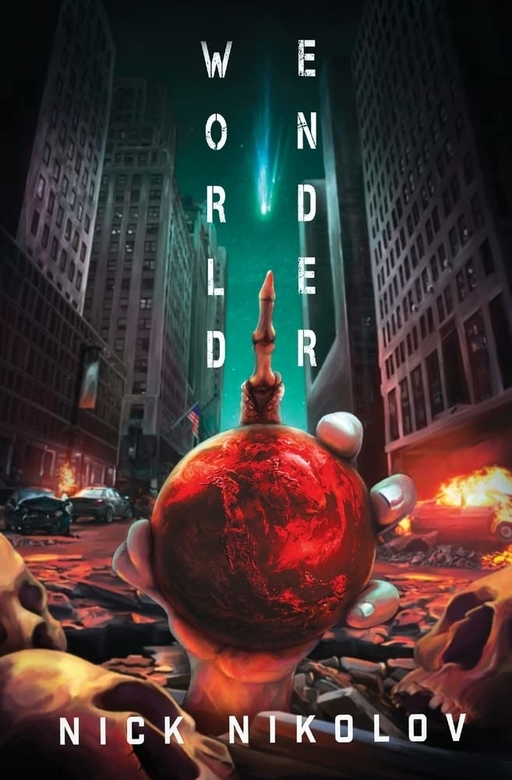 What was your steepest learning curve during the publishing process?
What was your steepest learning curve during the publishing process?
Incorporating feedback. On paper, it’s an easy thing to do. You ask people what they think of your work and then adjust accordingly. In practice, however, leaving your feelings out of the equation is a very hard and bitter lesson to learn.
As a writer, what is your schedule? How do you get the job done?
Routine helps a lot. I get up, wait a few minutes for the mist of sleep to disperse, and then I do my best to get some healthy amount of exercise done. At this point, my brain is functioning normally, and I get to work. I’ve tried the whole Pomodoro routine, but I get easily distracted during breaks, so for me personally, it’s better to sit down and work for a couple of hours, take a break and get back to it. Others might benefit from slicing up their work hours, what’s most important is to give yourself breathing room. What works for others might not be for you.
How do you deal with writer’s block?
When I get stuck on a scene, I write about something else. For instance, if I can’t get the dialogue right, I go into the character sheet that I’ve created, and I try to explore the character a bit more. I might add some backstory that might never make it inside the book, but in building that character up, I get to know them better, which translates into writing about them better. I’d say most of my world-building happens while I’m stuck on something else.
Who are your biggest writing inspirations and why?
That would be Brandon Sanderson. I adore his writing style and the worlds he’s built. Additionally, I feel his story gives hope to everyone that’s stuck in the “unknown zone.” And as he’s said in his lectures, with a bit of luck, everyone can make it.
How do your friends and family get involved with your writing? What do they think of your book?
Friends have helped me greatly. They’ve beta read the novel, given keen insight, and generally suffered through my earliest attempts at writing. My mother and father don’t speak English, so they haven’t had the chance to read it, but being the amazing people that they are, they’ve cheered me on, regardless of the language barrier they’re faced with.
What are your plans now your book is published?
I’d like to continue writing more. I have a lot of stories I’d like to share with readers, so my goal remains to keep working on bettering my craft.
What did you learn on your journey as an author?
The most valuable lesson I’ve learned has to be not to exhaust myself. Doing a gigantic pile of work hasn’t gotten me much further than if I had taken a few days off to let my brain wind down. Everything in life is a race. At least in most cases, this is true, but when it comes to writing specifically, working yourself to the bone isn’t always the best return on investment you hoped it would be.
What’s next for you as an author?
Working on a sequel to Worldender and finishing up a fantasy novel I’ve been working on since 2019.
Author Links
Get an Editorial Review | Get Amazon Sales & Reviews | Get Edited | Publish Your Book | Enter the SPR Book Awards | Other Marketing Services


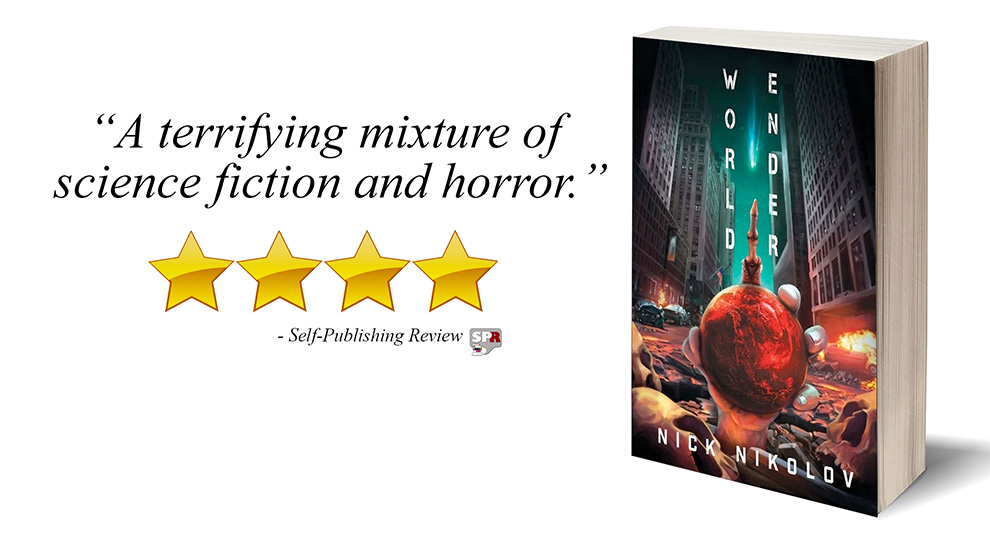







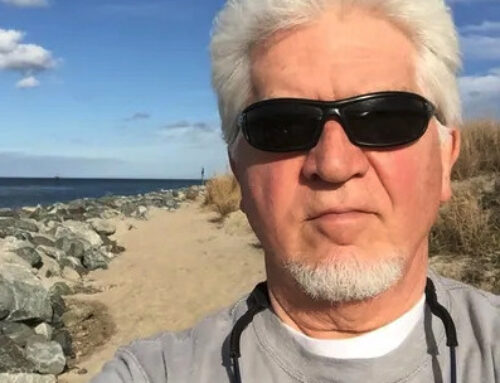
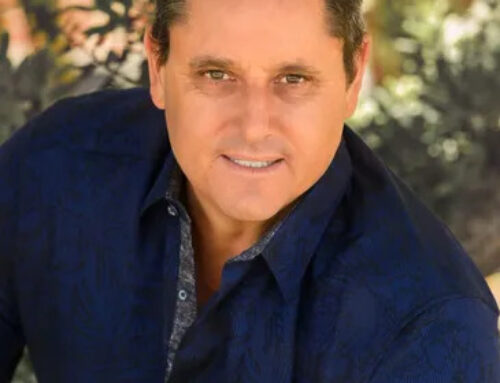

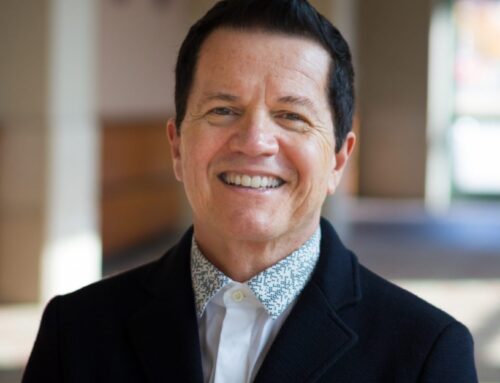
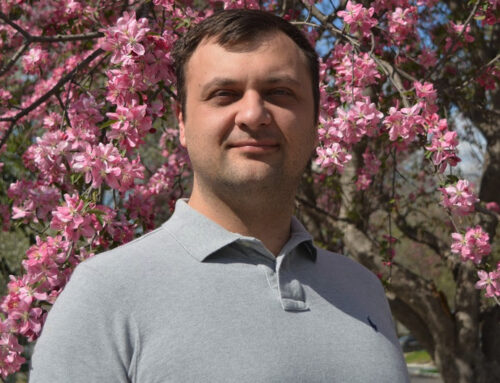
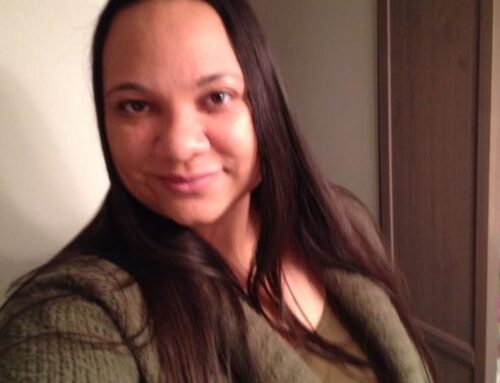



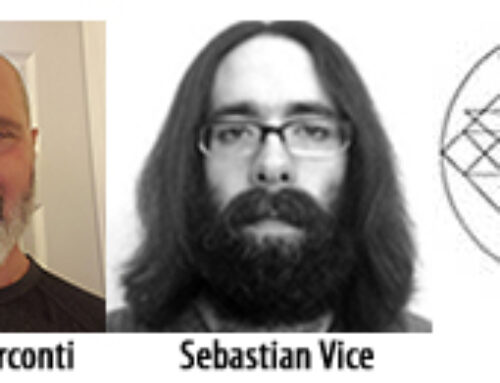
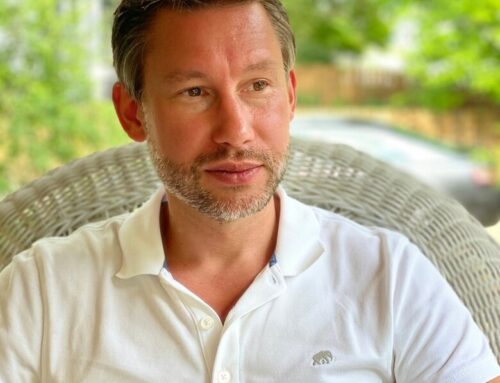
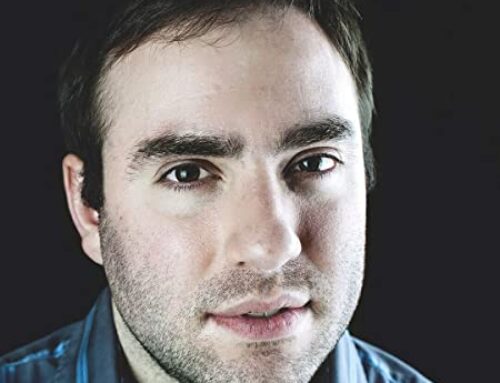
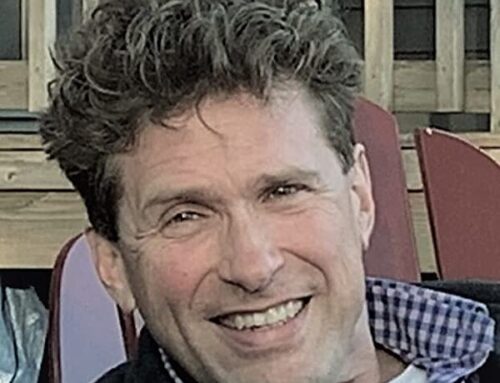
Leave A Comment